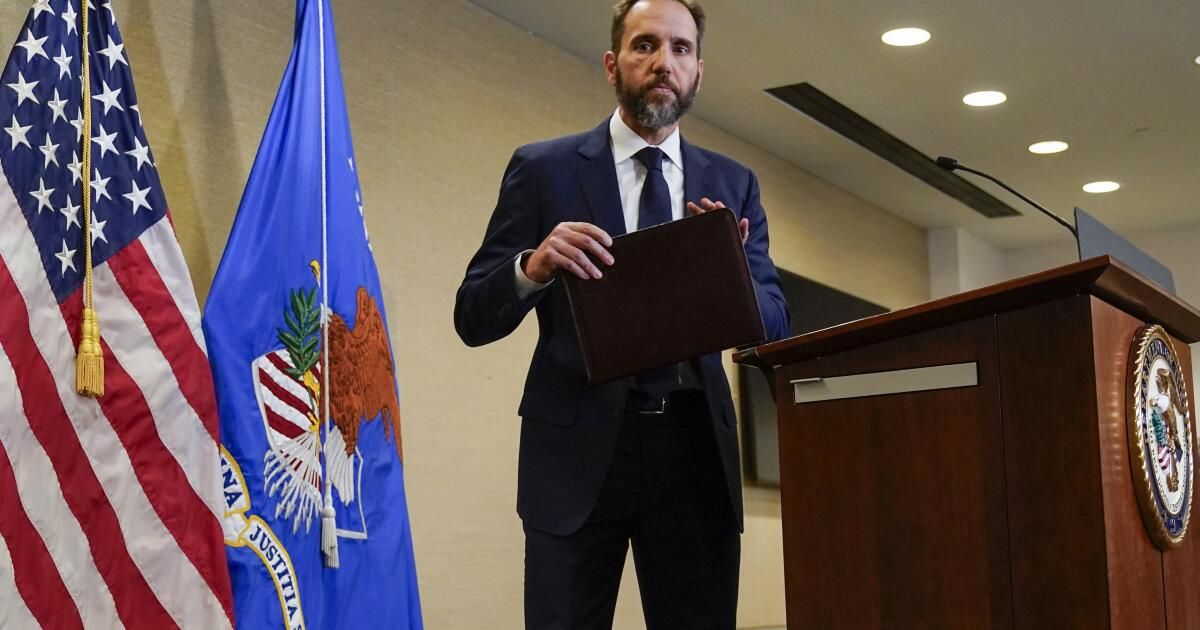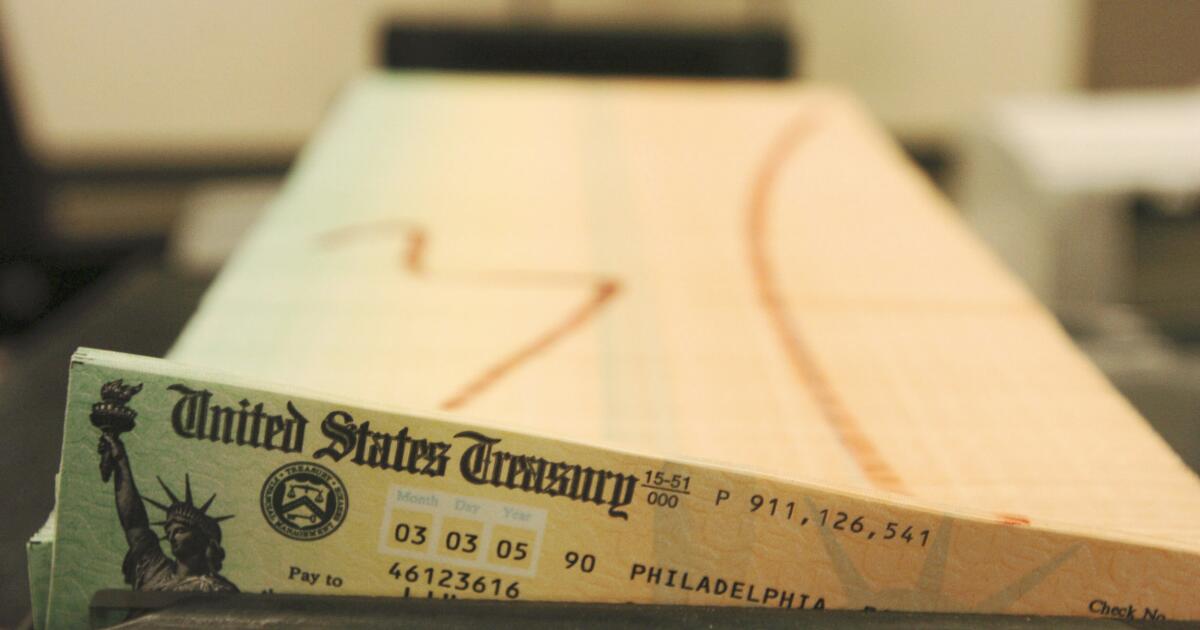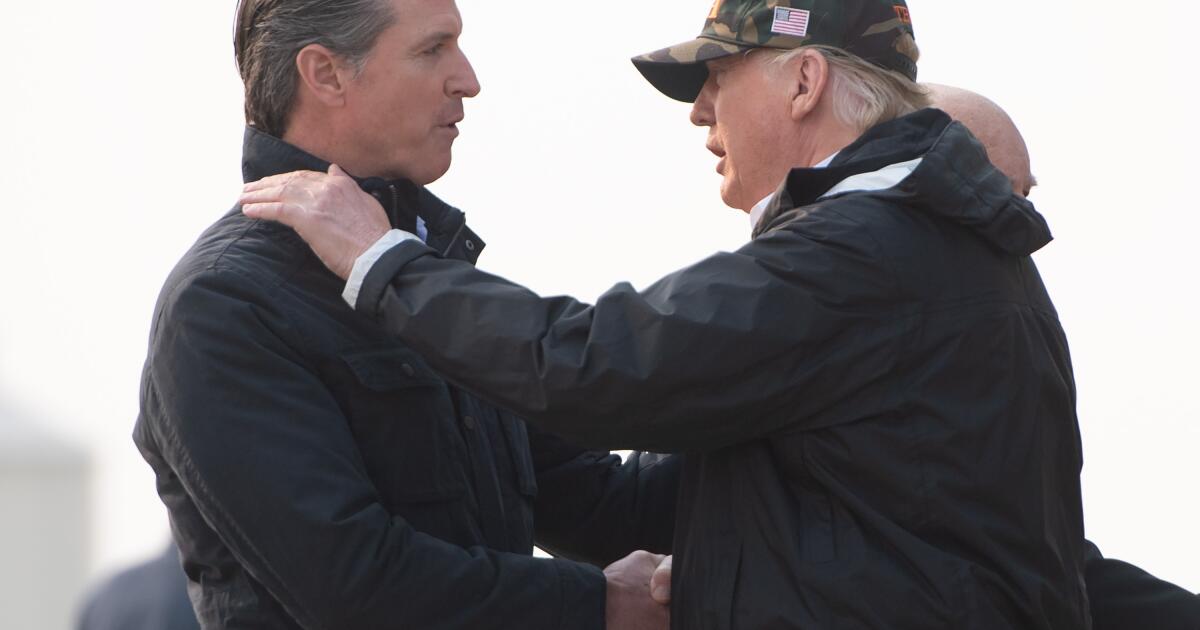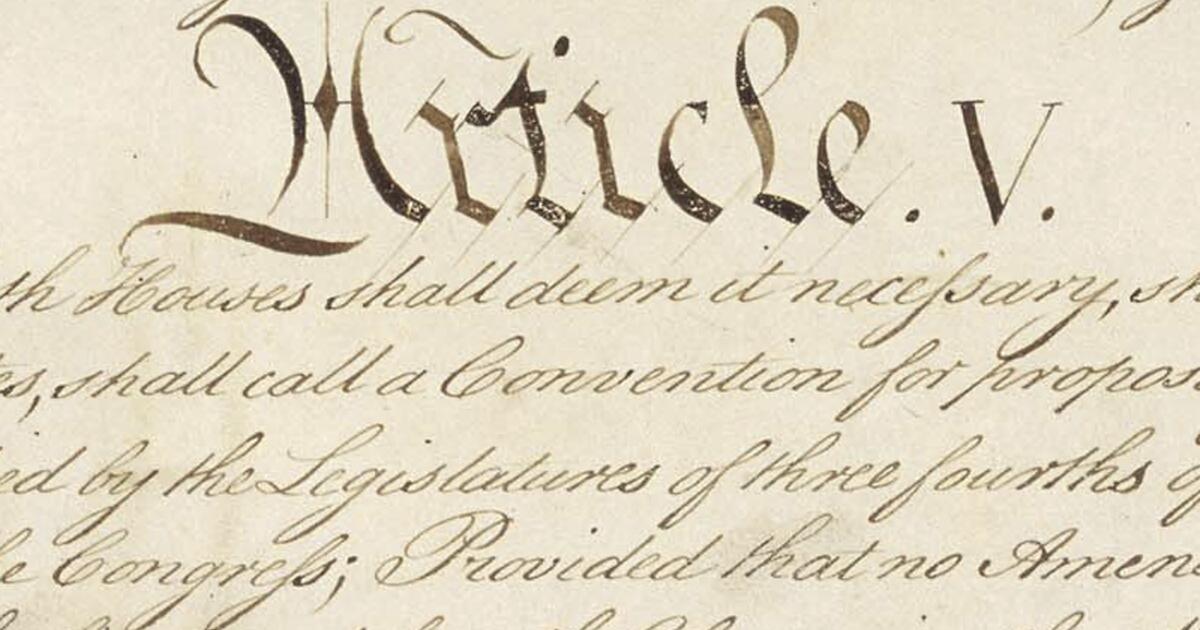This week, special counsel Jack Smith took new steps in the two federal criminal cases in which Donald Trump is charged. Contrary to Trump’s claim that Smith is “unhinged” and trying to interfere in the election, the special counsel is acting responsibly in trying to ensure that, like any other criminal defendant, Trump faces a jury for alleged crimes.
On Monday, Smith filed an appeal with the 11th U.S. Circuit Court of Appeals against a misguided ruling by U.S. District Judge Aileen Cannon.. She dismissed charges related to Trump's alleged illegal retention of sensitive national defense documents after leaving office, arguing speciously that Congress had not authorized Smith's appointment.
On Tuesday, Smith’s office revealed that a grand jury had approved a superseding indictment related to Trump’s attempt to overturn an election he lost. The new indictment omits references to actions that the Supreme Court has said constitute “official acts” for which Trump enjoys immunity.
The former president remains accused of he the same four offenses described in the original indictment: conspiracy to defraud the United States; conspiracy to obstruct an official proceeding; obstruction and attempt to obstruct an official proceeding; and conspiracy against rights.
Unless one believes that running for president confers immunity from prosecution — an absurd idea that would turn every declaration of presidential candidacy into a “get out of jail free” card — Smith is right to persevere with his prosecutions despite the timing. It is not the special counsel’s fault that this is happening so close to the presidential election. Trump’s lawyers have prolonged the process with their legal objections.
The Supreme Court is also complicit in the delay, having expedited the process of defending immunity before issuing a convoluted and unconvincing ruling in July that found former presidents entitled to absolute or presumed immunity for “official acts.”
It generally left it to a lower court to determine what acts fall into the “official” category, but Chief Justice John G. Roberts Jr. wrote that Trump had absolute immunity from criminal prosecution for his alleged conduct related to his conversations with Justice Department officials.
The new indictment therefore excludes allegations relating to Trump’s interactions with Justice Department officials but retains references to other Trump actions, including a conversation with Georgia’s secretary of state when he said, “I just want to find 11,780 votes” to overturn Joe Biden’s victory in that state and conversations in which he pressured Vice President Mike Pence to reject electoral votes legally cast for Biden.
The revised indictment also maintains an allegation that Trump violated a law against “obstructing an official proceeding,” despite a Supreme Court ruling in June limiting that offense to situations involving the tampering with or destruction of documents. The indictment suggests Trump cannot benefit from that ruling because of his alleged ties to the creation of fraudulent election certificates.
The superseding indictment presents a strong, detailed, and compelling case against Trump. It deserves to be heard by a jury. Sadly, the November 5 election will almost certainly be held before Trump is acquitted or convicted on the election-related charges or (if an appeals court revives them) on the charges related to withholding documents.
That wouldn’t change the fact that he was unfit for office before Smith’s recent actions and before a jury convicted him of falsifying business records in May. Whether or not he is found criminally responsible, Trump’s undeniable attempts to overturn the 2020 election and cling to power disqualified him from another term as president.
But the delay in these cases is related to the election in one way: If Trump wins, he could close the proceedings or perhaps even try to pardon himself. That is another reason, among many others, for voters to reject him.











